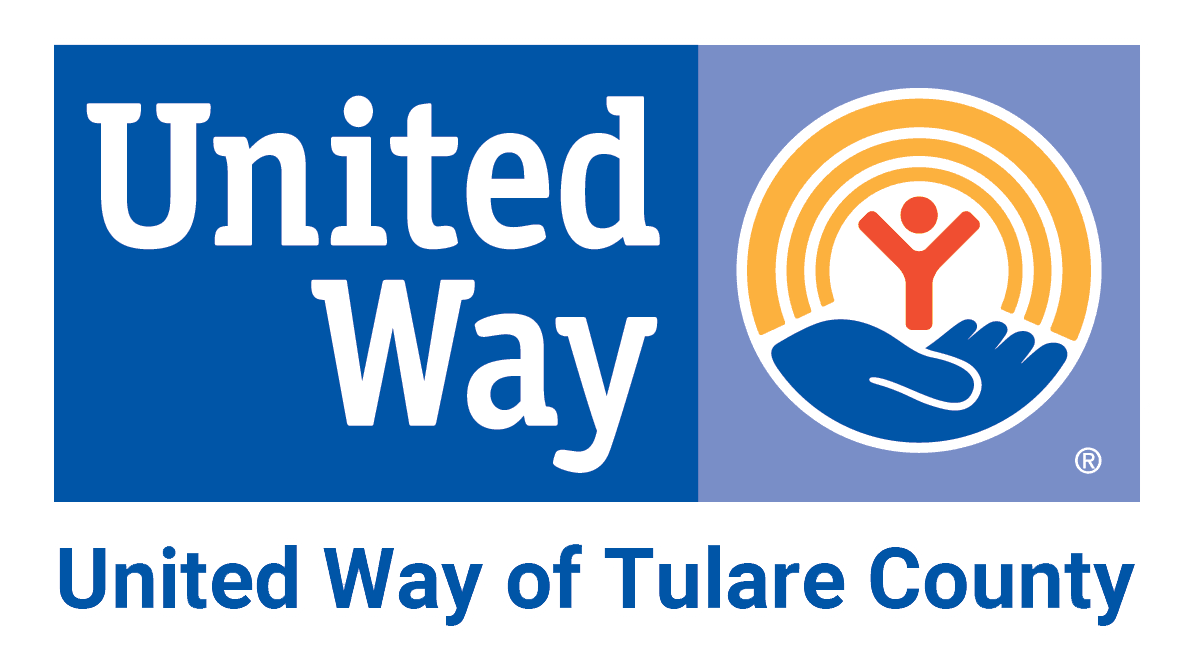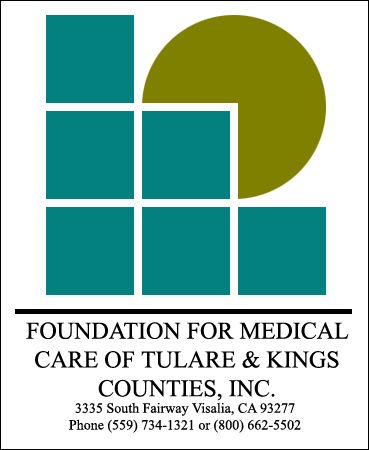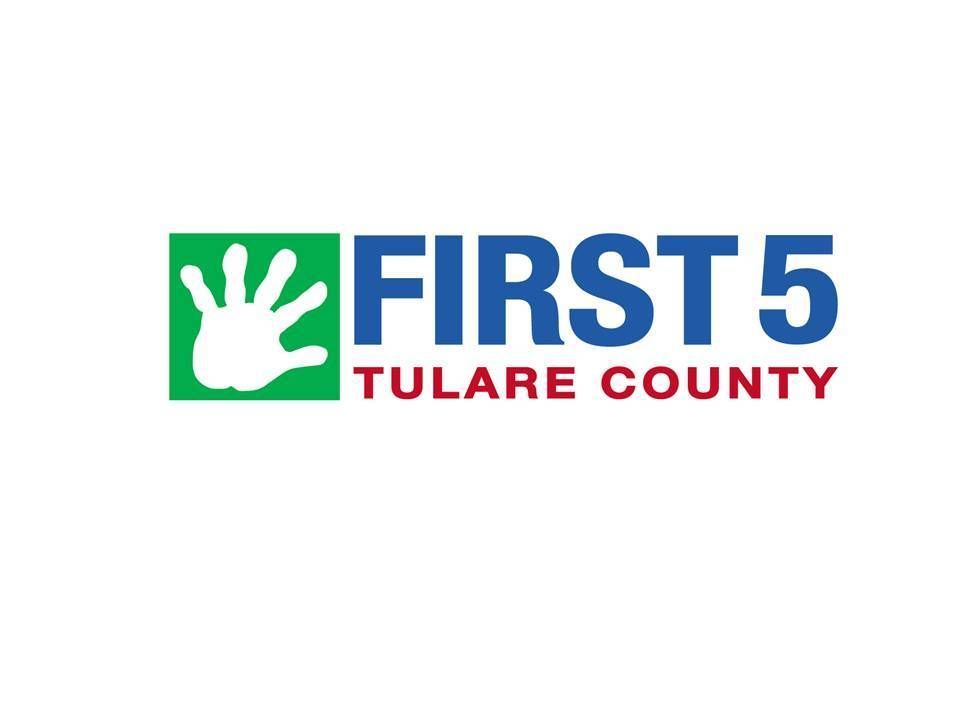What is sexual violence?
When someone forces, manipulates, or coerces another person into sexual activity, they commit sexual violence. This happens any time sexual activity occurs when a person does not or cannot give consent. Sexual violence includes a range of actions and behaviors. Some examples include: rape, attempted rape, child sexual abuse, and sexual exploitation.
How common is it?
Sexual violence is more common than many people realize. It can happen to people of all ages, races, genders, sexual orientations, religions, abilities, professions, incomes, and ethnicities. It happens every day in our communities, schools, and workplaces. Chances are you know someone who has been sexually assaulted. Local statistics from Family Services’ Rape Crisis Center in 2022 include:
- Responded to 196 victims of sexual assault or rape.
- Approximately one-third of clients served were under the age of 18.
In 2016, the Centers for Disease Control released a report detailing the findings of a large, methodologically rigorous research study on the prevalence and consequences of sexual assault, stalking, and intimate partner violence (Basile et al., 2016). The data shows:
- Sexual violence is common. Over half of women and almost 1 in 3 men have experienced sexual violence involving physical contact during their lifetimes. One in 4 women and about 1 in 26 men have experienced completed or attempted rape.
- Sexual violence starts early. More than 4 in 5 female rape survivors reported that they were first raped before age 25 and almost half were first raped as a minor (i.e., before age 18).
- Sexual violence disproportionately affects some groups. Women and racial and ethnic minority groups experience a higher burden of sexual violence. For example, more than 2 in 5 non-Hispanic American Indian or Alaska Native and non-Hispanic multiracial women were raped in their lifetime.
What does Family Services do?
Family Services’ Rape Crisis Center provides 24-hour crisis response and comprehensive, trauma-informed services to adults and children who have been victims of rape, sexual assault, and child sexual abuse. A trained crisis counselor is available 24 hours a day via our Sexual Assault Hotline (559-732- 7273), and can respond in person to a victim wherever they may be—school, hospital, clinics, police station, etc.— to provide emotional support, crisis counseling, and advocacy. Victims are able to receive free legal services and ongoing professional counseling at no cost.
What can I do?
- Learn how to respond to a friend or family member who tells you they have experienced sexual violence. Find helpful resources and information for survivors and significant others here: Guide for Survivors and their Significant Others.
- Be an engaged bystander. Your actions can change a life. Intervene when you see or hear behaviors that promote, condone, or encourage sexual violence.
- Volunteer as a crisis counselor to victims of sexual assault.
- Donate to Family Services’ Sexual Assault Services program.
Sources:




